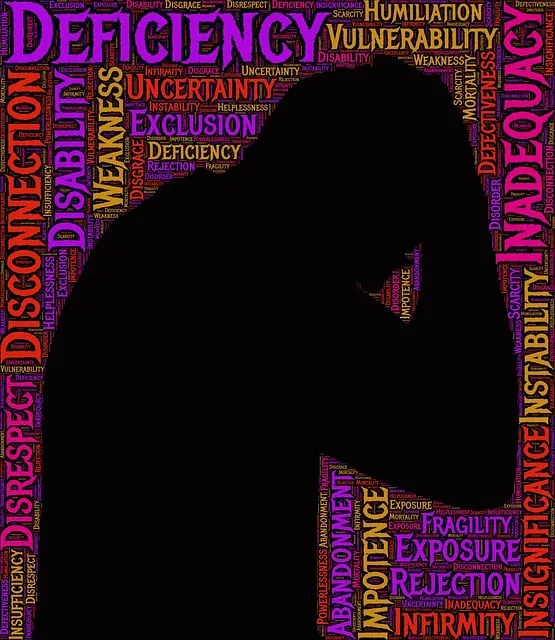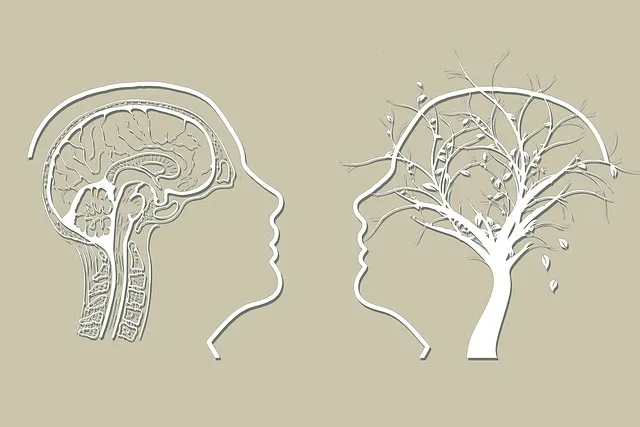Lafayette Kaiser Permanente behavioral health providers employ advanced risk assessment techniques, comprehensive training, and holistic strategies to prevent adverse mental wellness outcomes. They utilize tools like Mental Wellness Journaling Exercises, Stress Management Workshops, structured mindfulness sessions, and cognitive behavioral therapies, empowering patients with coping strategies while offering personalized, compassionate care. Continuous evaluation, evidence-based practices, Compassion Cultivation, and Cultural Competency Training ensure enhanced patient satisfaction and outcomes, reflecting the organization's commitment to excellence in behavioral health services.
In the realm of behavioral health, risk assessment and harm minimization are paramount for ensuring safe care delivery. This article explores essential practices tailored specifically for Lafayette Kaiser Permanente’s behavioral health providers. We delve into understanding risk assessment as a cornerstone of effective management, implementing proven harm minimization strategies, and highlighting continuous evaluation methods. By embracing these approaches, Lafayette Kaiser Permanente can foster a robust safety net, enhancing patient outcomes and overall care quality.
- Understanding Risk Assessment in Behavioral Health
- Implementing Harm Minimization Strategies for Lafayette Kaiser Permanente
- Continuous Evaluation and Improvement for Safe Care Delivery
Understanding Risk Assessment in Behavioral Health

In the realm of behavioral health, risk assessment is a fundamental practice that forms the crux of comprehensive care at Lafayette Kaiser Permanente. Behavioral health providers employ meticulous evaluation methods to identify and mitigate potential risks within an individual’s mental wellness landscape. This process involves analyzing various factors such as personal history, current circumstances, and behavioral patterns to predict and prevent adverse outcomes. By leveraging evidence-based Mental Wellness Journaling Exercise Guidance, healthcare professionals gain insights into patients’ emotional states and risk behaviors, enabling them to tailor interventions accordingly.
The integration of Mental Health Policy Analysis and Advocacy plays a pivotal role in fostering a supportive environment for risk assessment within Kaiser Permanente. These policies ensure that Lafayette’s behavioral health providers have the necessary tools, resources, and training, including specialized Healthcare Provider Cultural Competency Training, to conduct thorough assessments and implement effective harm minimization strategies. Through such proactive measures, patients receive personalized care that not only treats current mental health concerns but also equips them with coping mechanisms for future risk scenarios.
Implementing Harm Minimization Strategies for Lafayette Kaiser Permanente

Implementing Harm Minimization Strategies for Lafayette Kaiser Permanente involves a multi-faceted approach centered on empowering behavioral health providers to offer holistic care. By integrating Emotional Well-being Promotion Techniques, such as Stress Management Workshops and Mental Wellness Journaling Exercises, healthcare professionals can equip patients with practical tools to manage stress and improve their overall emotional well-being. These strategies not only complement traditional therapy but also foster a sense of agency among patients, encouraging them to actively participate in their mental health journeys.
For Lafayette Kaiser Permanente, a Stress Management Workshop Organization could facilitate regular sessions focused on mindfulness, relaxation techniques, and cognitive behavioral therapies. Additionally, introducing a Mental Wellness Journaling Exercise Guidance program can provide structured support for individuals to track their emotional states, identify triggers, and develop personalized coping mechanisms. Such initiatives align with the organization’s commitment to delivering comprehensive care while promoting sustainable mental wellness among its diverse patient population.
Continuous Evaluation and Improvement for Safe Care Delivery

At Lafayette Kaiser Permanente behavioral health providers, continuous evaluation and improvement are integral to delivering safe and effective care. This involves regularly reviewing clinical practices, patient outcomes, and feedback mechanisms to identify areas for enhancement. By fostering a culture of ongoing learning, healthcare providers can stay updated with the latest evidence-based practices in mental health treatment. Such an approach ensures that patients receive the most current and compassionate care, tailored to their unique needs.
The integration of Compassion Cultivation Practices and Healthcare Provider Cultural Competency Training further strengthens this process. Through these initiatives, professionals are equipped not only with advanced risk assessment skills for mental health professionals but also with the ability to create inclusive, supportive environments. This holistic approach to care delivery not only minimizes potential harms but also enhances patient satisfaction and outcomes, reflecting a commitment to excellence in behavioral health services at Lafayette Kaiser Permanente.
Risk assessment and harm minimization planning are indispensable components of delivering safe and effective care, particularly within the context of Lafayette Kaiser Permanente behavioral health services. By understanding the risks inherent in various practices, healthcare providers can implement targeted strategies to mitigate potential harms. As highlighted in this article, continuous evaluation and improvement processes ensure that these measures remain relevant and effective. The successful integration of harm minimization strategies at Lafayette Kaiser Permanente demonstrates the power of proactive risk management in enhancing patient outcomes and fostering a culture of safety among behavioral health providers.




